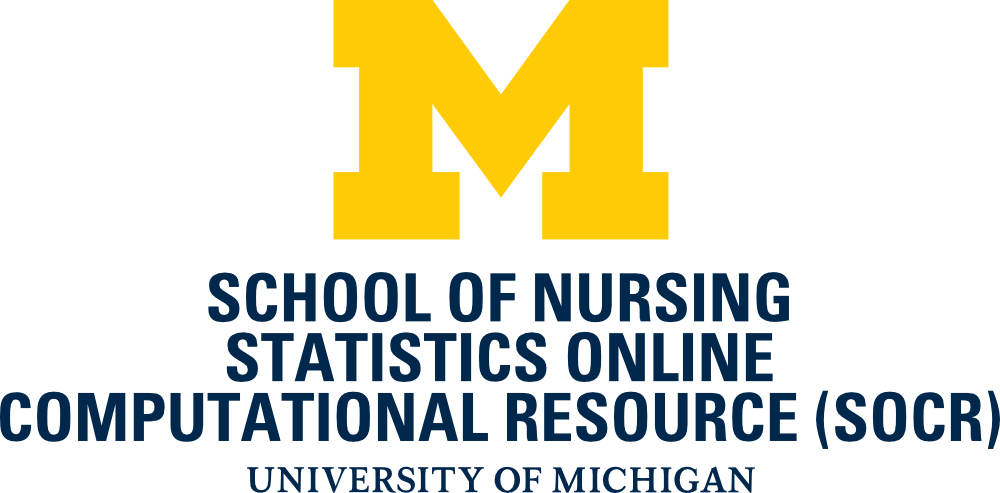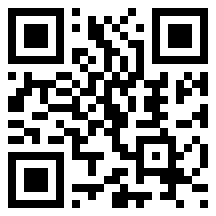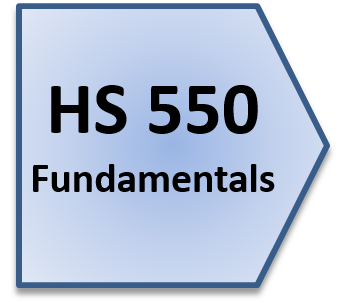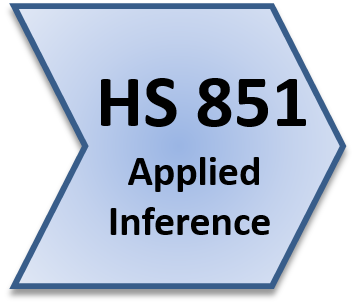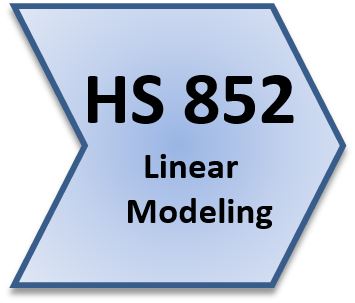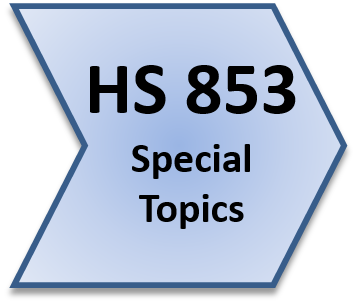Prerequisites
HS 852, or equivalent, instructor may review syllabi of previously
taken courses (past 5 years) and/or require a test to assess the
equivalence of the student background, as necessary.
Course Description
This course will cover a number of modern analytical methods for advanced
healthcare research. Specific focus will be on reviewing and using innovative
modeling, computational, analytic and visualization techniques to address
specific driving biomedical and healthcare applications. The course will cover
the 5 dimensions of Big-Data (volume, complexity, time/scale, source and
management). HS853 is a 4 credit hour course (3 lectures + 1 lab/discussion).
Objectives
Students will learn how to:
- Research, employ and report on recent advanced health sciences analytical methods
- Read, comprehend and present recent reports of innovative scientific methods applicable to a broad range of health problems
- Experiment with real Big-Data.
Examples of Topics Covered
- Foundations of R
- Scientific Visualization
- Review of Multivariate and Mixed Linear Models
- Causality/Causal Inference and Structural Equation Models
- Generalized Estimating Equations
- Dimension reduction
- Instrument reliability (Cronback’s α)
- PCOR/CER methods Heterogeneity of Treatment Effects
- Big-Data / Big-Science
- Scientific Validation: Internal statistical cross-validaiton
- Missing data
- Genotype-Environment-Phenotype associations
- Variable selection (regularized regression and controlled/knockoff filtering)
- Medical imaging
- Non-parametric inference
- Machine learning prediction, classificaiton, and clustering
- Databases/registries
- Meta-analyses
- Classification methods
- Longitudinal data and time-series analysis
- Geographic Information Systems (GIS)
- Psychometrics and Rasch measurement model analysis
- MCMC sampling for Bayesian inference
- Network Analysis
Teaching and Learning Methods
This course meets weekly four times on campus however, as necessary,
blended instructional techniques will be employed to accommodate student and
program constrains. Synchronous web-streaming of lectures/labs and asynchronous
virtual office hour forums will be supported. Assignments will be announced on
the web and will be electronically collected, graded and recorded. A variety of
teaching methods will be used including lecture, Journal Club, discussion, small
group work, and guest presentationn.
Assignments and Evaluation Methods
- 40% Homework Projects
- 30% Midterm Exam
- 30% Final Paper
